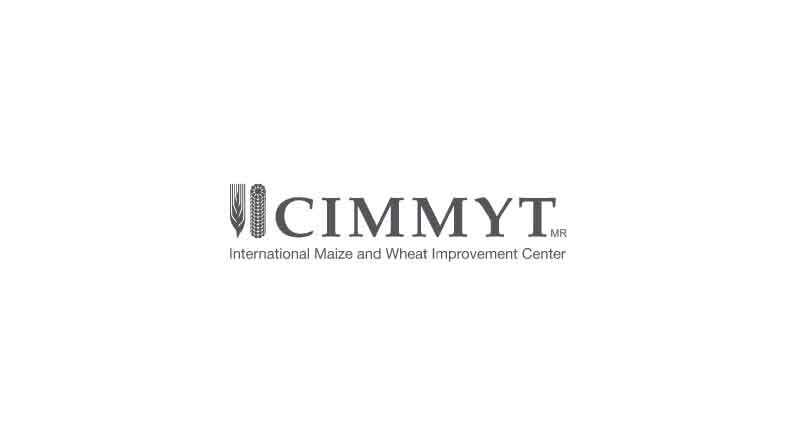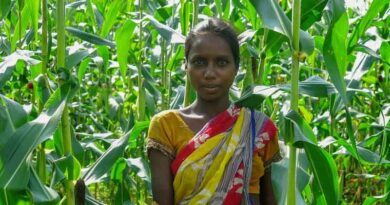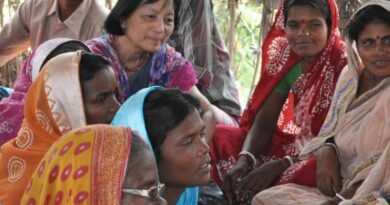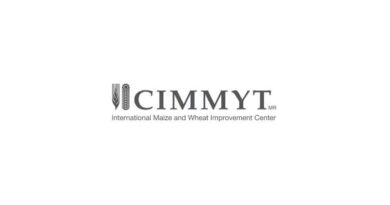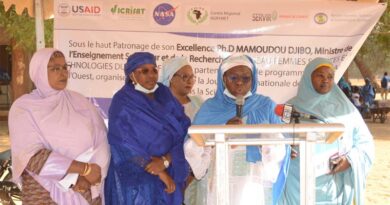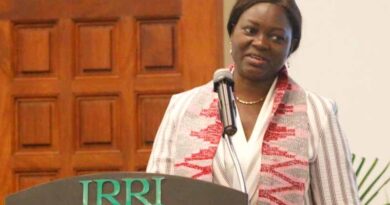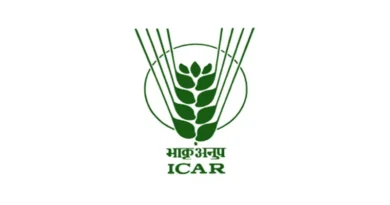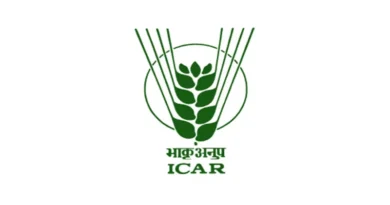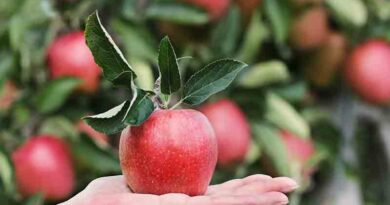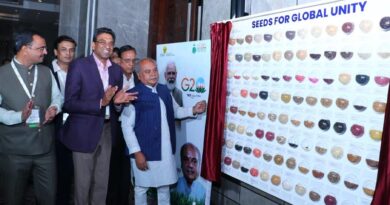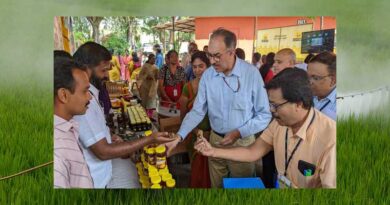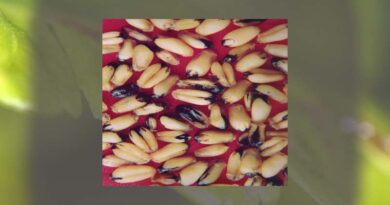Q&A: Spotlighting gender mainstreaming in agriculture
11 February 2022, India: On this International Day of Women and Girls in Science, CIMMYT speaks to Tripti Agarwal, whose research paper delves into the impact of Climate-Smart Agricultural Practices (CSAPs) on women and farming households in Bihar, India. CSAPs offer a promising solution to address environmental issues through gender-inclusive technological interventions. As we celebrate the achievements of women in science today, we see CSAPs bridging the gender gap and empowering women.
Hello Tripti, it’s great to talk to you about labor migration and how the adoption of CSAPs ensures household food security. Could you share how this approach influences gender equality in farming households?
My paper is titled “Gendered impacts of climate-smart agriculture on household food security and labor migration: insights from Bihar, India.” Bihar is highly vulnerable to hydro-meteorological natural disasters that cause agricultural production loss. The issue is that the male workforce migrates to other cities to seek different employment opportunities and improve their families’ livelihoods, often leaving the women behind to farm. Women left behind are then responsible for household and farming activities, making them overburdened. Therefore, Climate Smart Agricultural Practices (CSAPs) could play a vital role in safeguarding the loss in production and supporting livelihoods. The concept of Climate-Smart Villages (CSVs) links this, acknowledging the gender gap and striving to promote gender-equitable approaches in knowledge enhancement, capacity development, and better practices. CSAPs empower women to support farming decision-making and a better utilization of resources
That is interesting. Would you also tell us how the CSV program addresses climatic risks from technological and social perspectives?
As per the study I mentioned earlier, climatic stress that affects crop production directly impacts a household’s food security and, more severely, women’s food security. The CSV program promotes adopting climate-resilient practices and technologies that mitigate the risk of crop loss and ensure enough food for the household. CSV is a promising solution to address environmental issues through gender-inclusive technological interventions.
Ensuring food for the household is the most important thing. We also see that this paper highlighted the knowledge gaps between men and women farmers in terms of CSAPs. What action plan is needed to have a more equitable gender-responsive environment at the policy level?
The paper attempts to drive the concentration of the state/policymakers in providing more opportunities to women in having access to resources. Policies or strategies — driven towards ensuring female education, knowledge and capacity building — are likely to play a significant role in providing access and control of resources to women across their lifetimes in varied areas of work.
As per the research paper,the probability of out-migration is reduced by 21% with the adoption of CSAPs. What factors do you think are the critical indicators of this trend?
The increase in knowledge about CSAPs, both for men and women, supports household decision-making in adopting CSAPs. With the adoption of CSAPs, the increase in agricultural production reduced the compulsion of males to migrate, and better female literacy also had a negative and significant effect on male out-migration
The study also reveals that the farmer’s education has a direct impact on the adoption of CSAPs. Is there any plan to bridge this gap? Or a suggestion for the policy makers to address this issue?
There are two steps to be covered on this front. First, to have gender-equitable knowledge dissemination and to ensure that women receive the required and necessary information about CSAPs. For this, the role of women in society needs to be strengthened and would primarily come from (i) support from the family & society and (ii) right to education. Second, knowledge alone is not enough to contribute to economic activities. Gender-inclusive strategies need to be framed and implemented to provide women the required access and control over resources. For this, multi-sectoral efforts are necessary, like having policies from the government, corporates supporting the cost of efforts, specialized agencies providing the expertise, NGO partners working with the community, and foremost, support from the society.
Very rightly said, and we hope that some strong measures are taken at the policy level. Today, women play a huge role in agriculture; thus, it becomes vital to enhance their capacities, especially in newer technologies. In this context, what approaches can you suggest to strengthening their skills and knowledge to achieve a gender-empowered agricultural domain?
There is no limit to enhancing the skills and capacities of an individual. And when we talk about women, especially in rural/agricultural contexts, we see that support from the family is critical for them. To ensure that, we need ways to educate men on how women can support them in providing better livelihoods. Creating plans and roadmaps for women would help achieve a gender-empowered agricultural domain, but we must also bring behavior change among men towards a more accepting role of women in farming and decision making.
One last question related to this special day. Why do you love your work? And how is science exciting for you?
I was assigned the position of Project Administrator; however, after working for many years with a team of experts, my interest in research slowly ignited. Thanks to the support I received, I decided to work closely on the subject and identify the areas where I may add value. Linking my knowledge and field studies, I started contributing to relevant publications like this one, which is the output of my years of experience at CIMMYT. I received a lot of support from my team, especially from Dr. M.L. Jat, who has been a great mentor throughout my journey of learning and growth.
M.L. Jat is a Principal Scientist at CIMMYT and co-author of the article. Building on this publication, CIMMYT’s gender research will be further strengthened under the One CGIAR Regional Integrated Initiative on Transforming Agri-Food Systems in South Asia (TAFSSA), which has a core learning site in Bihar.

